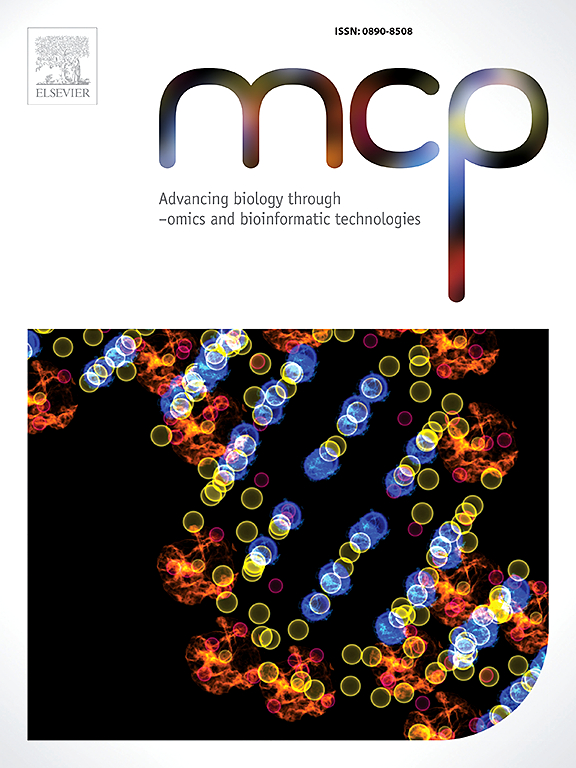Exosome biosensors for detection of ovarian cancer
IF 3
3区 生物学
Q3 BIOCHEMICAL RESEARCH METHODS
引用次数: 0
Abstract
Ovarian cancer (OC) is one of the most aggressive gynecologic malignancies, largely due to its asymptomatic progression and frequent diagnosis at an advanced stage. Early detection is essential for improving patient survival rates. Exosomes, small extracellular vesicles secreted by cells, are actively involved in OC progression and have been recognized as potential biomarkers for early diagnosis. Over the past decade, advancements in exosome research have emphasized the need for detection methods that are not only sensitive and reliable but also practical for clinical use. However, conventional approaches often face challenges such as limited sensitivity and complex sample preparation. Biosensors have emerged as a promising alternative, offering benefits such as non-invasiveness and improved analytical performance. This review examines recent developments in electrochemical, optical, and electrical biosensors for detecting OC-related exosomes, discussing their sensitivity, specificity, and potential applications in clinical settings.
检测卵巢癌的外泌体生物传感器。
卵巢癌(OC)是最具侵袭性的妇科恶性肿瘤之一,主要是由于其无症状进展和经常在晚期诊断。早期发现对提高患者存活率至关重要。外泌体是细胞分泌的小细胞外囊泡,积极参与肿瘤的进展,被认为是早期诊断的潜在生物标志物。在过去的十年中,外泌体研究的进展强调了对检测方法的需求,这种检测方法不仅敏感可靠,而且对临床应用也很实用。然而,传统方法经常面临诸如灵敏度有限和样品制备复杂等挑战。生物传感器已经成为一种很有前途的替代方案,它提供了诸如非侵入性和改进的分析性能等好处。本文综述了用于检测oc相关外泌体的电化学、光学和电学生物传感器的最新进展,讨论了它们的敏感性、特异性和在临床环境中的潜在应用。
本文章由计算机程序翻译,如有差异,请以英文原文为准。
求助全文
约1分钟内获得全文
求助全文
来源期刊

Molecular and Cellular Probes
生物-生化研究方法
CiteScore
6.80
自引率
0.00%
发文量
52
审稿时长
16 days
期刊介绍:
MCP - Advancing biology through–omics and bioinformatic technologies wants to capture outcomes from the current revolution in molecular technologies and sciences. The journal has broadened its scope and embraces any high quality research papers, reviews and opinions in areas including, but not limited to, molecular biology, cell biology, biochemistry, immunology, physiology, epidemiology, ecology, virology, microbiology, parasitology, genetics, evolutionary biology, genomics (including metagenomics), bioinformatics, proteomics, metabolomics, glycomics, and lipidomics. Submissions with a technology-driven focus on understanding normal biological or disease processes as well as conceptual advances and paradigm shifts are particularly encouraged. The Editors welcome fundamental or applied research areas; pre-submission enquiries about advanced draft manuscripts are welcomed. Top quality research and manuscripts will be fast-tracked.
 求助内容:
求助内容: 应助结果提醒方式:
应助结果提醒方式:


